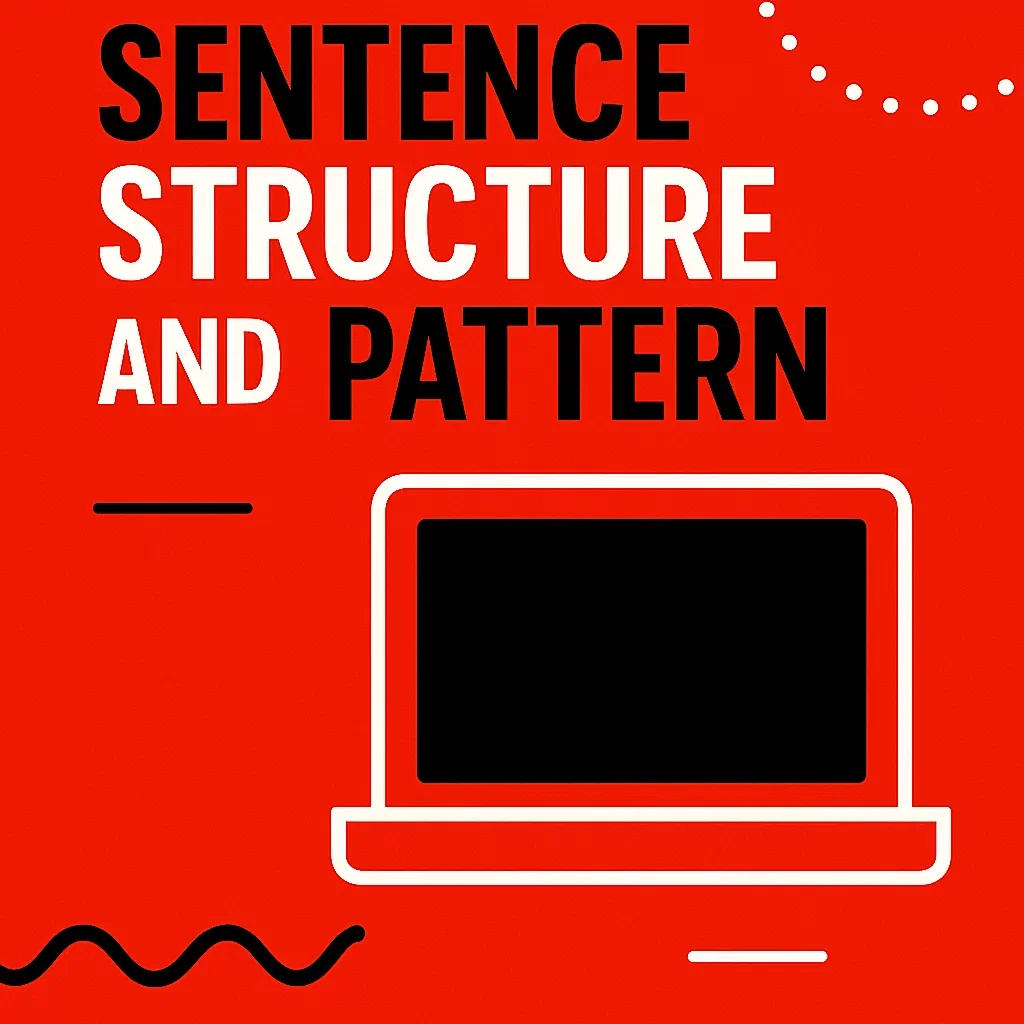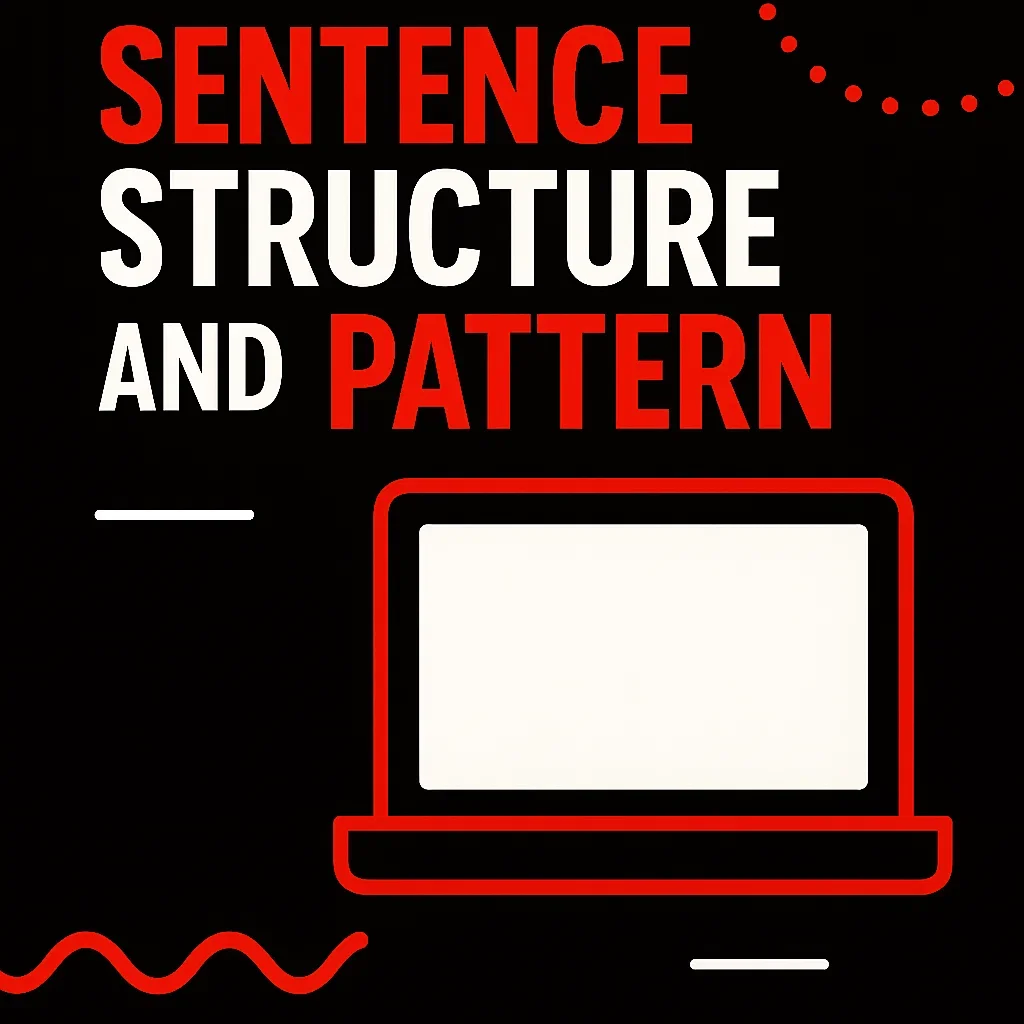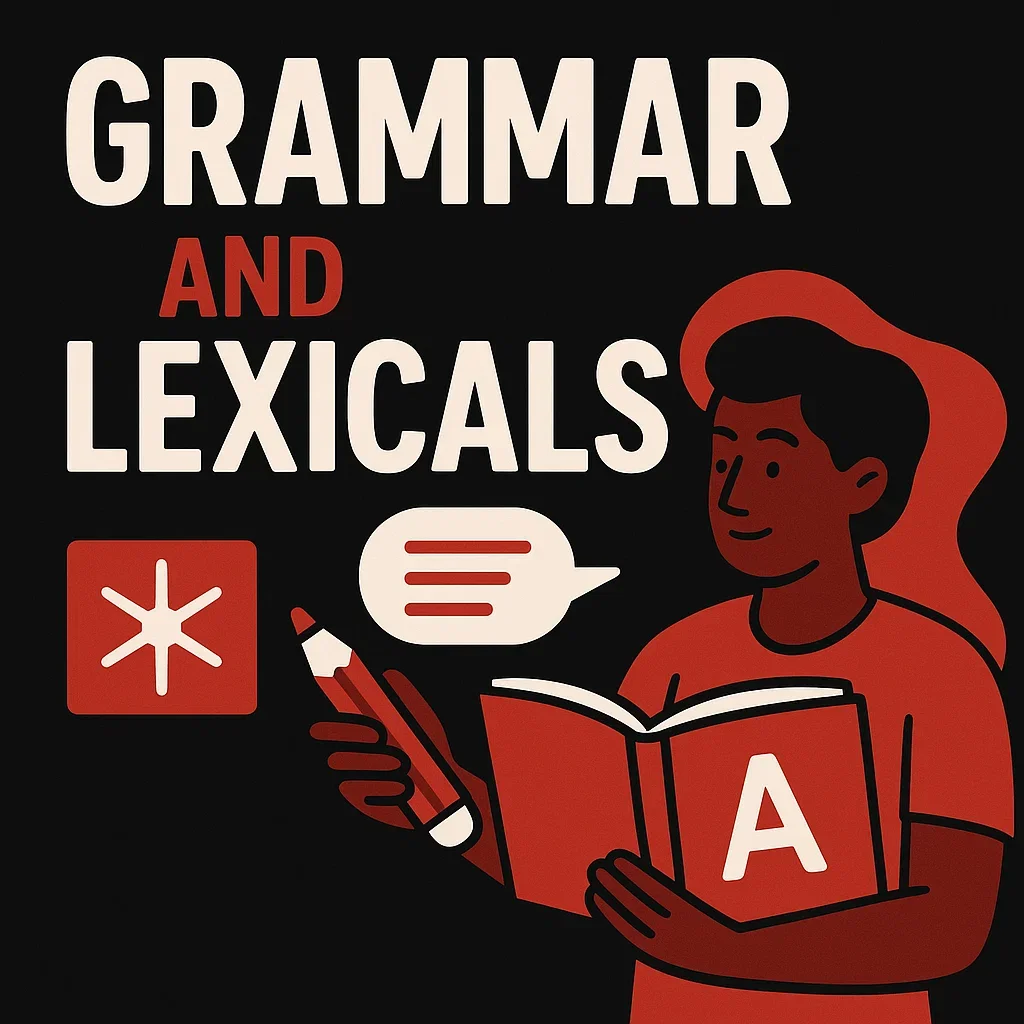Pronunciation and Tonal System (Part 2) taught by Uzoma Veer
This post is set to “Public View,” so anyone with a link can view it. Feel free to share it with others.
Watch the live recording of Session 5 from our free Igbo language class held on Zoom below.
Quick recap
The group discussed the nuances of the Igbo language, focusing on the differences in pronunciation and meaning of certain words, and the use of tone marking to differentiate between words with the same spelling. They also explored the concept of homographs and homonyms, and how these can affect the understanding of words, as well as the importance of paying close attention to pronunciation when learning Igbo language. The group also discussed various Igbo words and their pronunciations, with a focus on identifying consonants and vowels, and the correct tonal markings for various words and phrases.
Next steps
All participants to mark the tones for the words "ahu" (body), "agwa" (beans), "izu" (week), and "izu" (to consult) before the next class.
All participants to review and memorize the vocabulary words discussed in the class, including "ozuzu", "juru", and "usekwu".
All participants to practice identifying and marking tones for Igbo words, focusing on distinguishing between similar-sounding words with different meanings.
Uzoma to prepare additional tone marking exercises for the next class, focusing on building vocabulary and reinforcing the rules discussed.
All participants to review the rules for tone marking in questions, particularly the rule about starting with a low tone.
Session Summary Notes
Tonal Marking in Igbo Language
Uzoma led a discussion on tonal marking in Igbo language, emphasizing the importance of vocabulary building for effective communication. They reviewed certain words and discussed the concept of standing in line. The meeting also touched on the idea of replays for those who couldn't attend live, and the time zone challenges for participants.
Igbo Language Nuances and Pronunciation
The group discussed the use of Igbo language in different contexts. They focused on the meaning of certain words and phrases, such as "agu" and "batara", and how they can be used in different sentences. The group also discussed the use of tone marking in Igbo language and how it can affect the meaning of words. They also touched on the topic of animals entering a house.
They explored the concept of homographs and homonyms, and how these can affect the understanding of words. The team also discussed the use of tone marking in Igbo, and how it can be used to differentiate between words with the same spelling. They also touched on the idea of past tense in Igbo, and how it is indicated through sentence construction rather than a change in the word itself. The conversation ended with a discussion on the importance of paying close attention to pronunciation when learning a language.
Igbo Culture and "Mba" Pronunciation
Uzoma and Oma discussed the pronunciation and meaning of "Mba" in the context of Igbo culture. They clarified that "Mba" can refer to a shrine or a place, and also to a term for saying no. They also discussed the pronunciation of "Mbari" and its relation to "Mba". Queen suggested that "Mba" for nation could be pronounced as low-high, while Data agreed with the pronunciation of "Mba" for nation as high-low. The group also discussed the pronunciation of "Mba" for shouting, which was agreed to be low-high.
Igbo Language Consonant and Vowel Marking
Uzoma, Oma, and Data discussed the rules of marking consonants and vowels in the Igbo language. They agreed that consonants should not be marked when they are in words, as the sound of consonants does not change the meaning of the word. They also discussed the number of consonants in Igbo, which is 28.
They also touched on the concept of tone markings and the importance of understanding the sounds of different letters. The discussion was led by Uzoma, with contributions from Data and Oma's. The group seemed to be learning and improving their understanding of the topic.
Tonal Markings for Words and Phrases
The group discussed the correct tonal markings for various words and phrases. They clarified that a question should start with a high tone and end with a low tone, and that the word "abu" should be marked with a low tone. The group agreed on these rules and will apply them in future discussions.
Igbo Words Pronunciation Discussion
Uzoma, Data, Oma, and Queen discussed various Igbo words and their pronunciations. They focused on some words like "Abu Abo," "Azu," "Uzuzu," and "Egwu." The group agreed on the pronunciation of these words, with some variations in opinion. They also discussed the meaning of these words and how they are used in Igbo language. The conversation ended with the group planning to mark these words for further discussion in their next class.
Meet Your Instructor
Uzoma Veer is a creative professional and founder of Veepress Integrated Services. Passionate about purposeful design and communication, Uzoma works as a UI designer, social media manager, Igbo tutor, translator, creative writer, and public speaker.



















